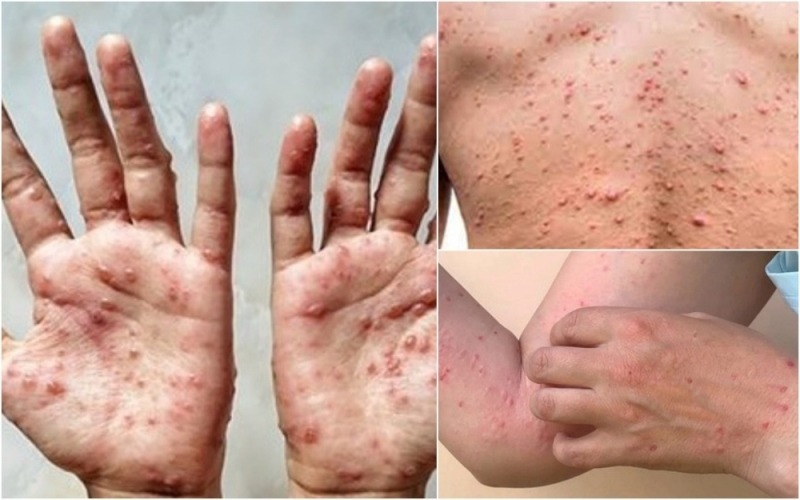Advertisements
Sarawakians Urged to Maintain Hygiene Amid Low Mpox Risk

KUCHING, Aug 31 — Although the immediate risk of contracting monkeypox (Mpox) among Sarawakians remains low, health authorities advise the public to maintain high hygiene standards, exercise regularly, and eat nutritious food to boost their immune systems and protect against diseases.
Dr. Chua Hock Hin, Infectious Disease physician and head of the Sarawak General Hospital’s (SGH) Infectious Disease Unit, emphasized that no local transmissions have been detected in Malaysia to date.
Between January 1, 2022, and July 31, 2024, Malaysia recorded nine Mpox cases, with one case in Sarawak. The patient was isolated and treated at a hospital for three weeks.
Advertisements
“The risk is low, except for those who have traveled to or been exposed to African countries, particularly those with high case numbers, and individuals with multiple sexual partners,” Dr. Chua said during a live session with Kuching South City Council (MBKS) mayor Dato Wee Hong Seng.
WHO Declares Mpox a Global Health Emergency
The concerns arise as the World Health Organization (WHO) declared on August 14 that outbreaks in West and Central Africa constitute a global health emergency, marking the second time the disease has reached this level since 2022.
According to Dr. Chua, the Republic of Congo has reported more than 15,000 cases and 537 deaths so far.
Mpox, previously known as monkeypox, is a viral zoonotic disease caused by the monkeypox virus, belonging to the Orthopoxvirus genus of the Poxviridae family.
“It is a DNA virus, comprising two distinct clades – Clades 1 and 2. Most cases in the Republic of Congo fall under Clade 1B, which evidence suggests may be more lethal than Clade 2B,” Dr. Chua explained.
Symptoms of Mpox
Dr. Chua highlighted that the incubation period of Mpox typically ranges from six to 13 days following exposure but can extend up to 21 days without symptoms.
Early Symptoms Include:
- Fever
- Muscle aches
- Enlarged lymph nodes
- Fatigue
- Vomiting
“It can be challenging to differentiate Mpox from a common cold based on these symptoms alone,” Dr. Chua noted.
Physical symptoms, such as rashes, usually appear after one to four days, spreading across the body, including the face, eyes, palms, soles, and genital areas.
“The rash is similar to chickenpox but, unlike chickenpox, the lesions appear simultaneously on all rashes,” he added.
A person with Mpox is no longer infectious once the lesions have crusted and fallen off, revealing healthy skin, typically a process lasting two to four weeks. However, Mpox can be fatal, particularly for those with weakened immune systems, children, and pregnant women.
How Does Mpox Spread?
Mpox can be transmitted through close contact with an infected person, including touching, kissing, and sexual contact, or through infected bedding and surfaces.
“The disease can also spread through fomites, such as clothing and gadgets, or from animals to humans via bites, scratches, body fluids, and consuming poorly cooked meat,” Dr. Chua warned.
High-risk groups include individuals with multiple sexual partners, those in close contact with infected patients, immunocompromised individuals, young children with poor nutrition, and pregnant women.
Treatment and Protection Against Mpox
Suspected Mpox cases are confirmed via RT-PCR and other laboratory tests, which involve taking samples from the lesions. However, there is no definitive treatment for Mpox; management focuses on symptomatic relief and preventing complications.
“Suspected cases should isolate, and the public should be aware of Mpox signs and symptoms. Seek immediate medical attention if infected,” Dr. Chua advised.
While a specific vaccine for Mpox is not readily available, individuals vaccinated against smallpox may have some level of protection. However, mass vaccination is not currently recommended worldwide.
Staying Informed and Safe
Sarawakians are encouraged to stay vigilant, maintain good hygiene, and keep informed about the latest updates on Mpox. Though the risk remains low, understanding the disease and its transmission can help prevent potential outbreaks in the community.

